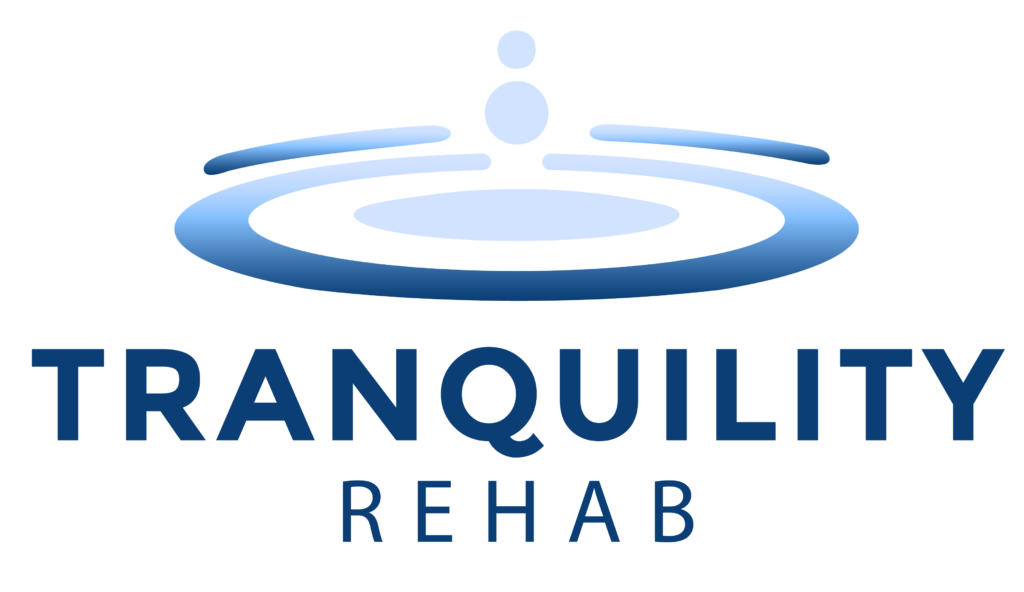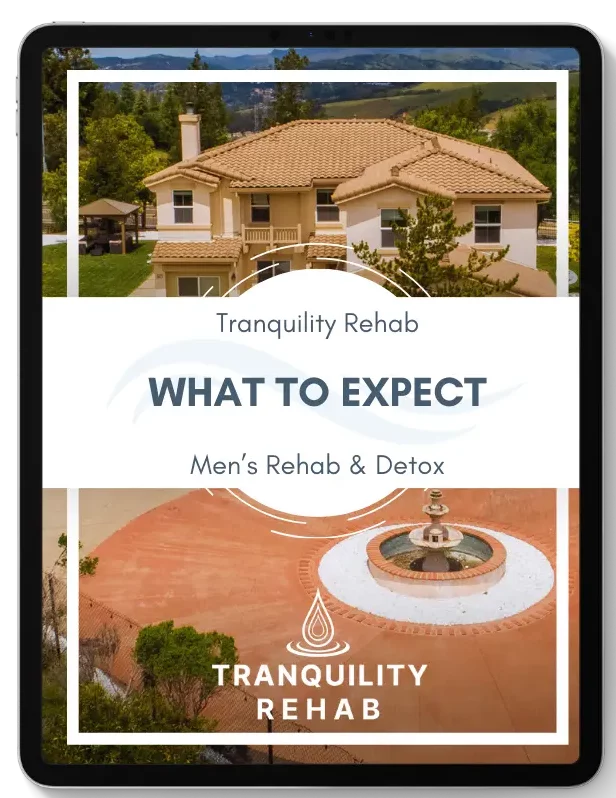Opioid addiction is a pressing issue that affects millions of individuals and their families. Understanding how long opioids remain in your system can be crucial for those seeking help or contemplating treatment. In this post, we’ll explore the various factors that influence opioid detection times, the implications for treatment, and how to find the right addiction support services.
Understanding Opioids
Opioids are a class of drugs that include both prescription medications (like oxycodone, hydrocodone, and morphine) and illicit substances (such as heroin). They work by binding to opioid receptors in the brain to reduce pain and induce feelings of euphoria. While they can be effective for pain management, they also carry a high risk of addiction and dependence.
Detection Times: How Long Do Opioids Last?
The length of time opioids remain detectable in the body varies based on several factors, including the type of opioid, the method of use, the individual’s metabolism, and other personal health factors. Here’s a general overview of how long common opioids can be detected:
- Heroin: Typically, heroin can be detected in urine for 1-3 days after use.
- Oxycodone: This prescription opioid can remain in urine for about 3-4 days.
- Hydrocodone: Similar to oxycodone, hydrocodone is usually detectable for 3-4 days.
- Morphine: Detection can range from 2-3 days in urine.
- Fentanyl: This potent synthetic opioid can be detected for 1-3 days in urine.
Factors Influencing Detection Times
Several factors influence how long opioids stay in your system:
- Metabolism: Each person’s metabolic rate varies, which affects how quickly drugs are processed and eliminated from the body.
- Frequency of Use: Chronic users may find that opioids remain in their systems longer than those who use them occasionally.
- Dosage: Higher doses take longer to metabolize and can lead to prolonged detection times.
- Body Composition: Factors such as body fat percentage and overall health can impact drug metabolism.
- Hydration Levels: Staying well-hydrated can sometimes help flush substances from the system more quickly.
- Method of Use: Injected opioids may enter the bloodstream more rapidly and could be eliminated faster than those taken orally.
It’s essential to consult with healthcare professionals who specialize in addiction treatment. They can guide you through the detox process, ensuring that you are monitored and supported throughout your recovery.
Finding the Right Addiction Treatment Services
If you’re concerned about opioid addiction, taking the first step towards recovery can feel overwhelming. Here are some resources to help you find the right treatment:
- Consult Your Healthcare Provider: Start by discussing your concerns with a trusted physician. They can recommend local resources and treatment centers.
- National Helplines: Organizations such as the Substance Abuse and Mental Health Services Administration (SAMHSA) provide confidential support and can connect you with treatment facilities.
- Local Support Groups: Look for groups such as Narcotics Anonymous (NA) in your area. They offer peer support and can help you connect with others who are on similar journeys.
- Online Resources: Many websites provide directories of treatment services. Make sure to check for reviews and accreditation to find reputable programs.
- Therapy and Counseling: Individual or group therapy can be invaluable. Therapists who specialize in addiction can help address underlying issues contributing to substance use.
Find Help for Opioid Addiction
Understanding how long opioids stay in your system is more than a matter of curiosity; it’s a vital piece of the puzzle for those seeking addiction treatment. By recognizing the factors that influence detection times and knowing where to find help, you can take informed steps toward recovery. Remember, you are not alone in this journey, and support is available. If you or someone you know is struggling with opioid addiction, reach out for help today. Recovery is possible, and the first step starts with you. Turn to Tranquility Rehab for help.


